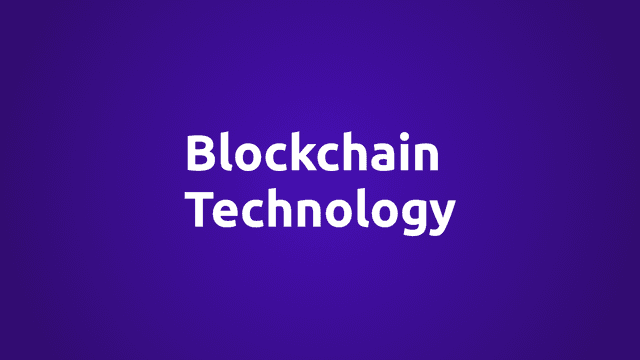How do smart contracts function in blockchain technology

Introduction:
Smart contracts are a fundamental component of blockchain technology, enabling self-executing agreements with predefined rules and conditions. In this article, we will explore how smart contracts function in blockchain technology, their characteristics, and their role in facilitating trust and automation. By the end, you'll have a clear understanding of how smart contracts revolutionize the way agreements are executed in a secure and decentralized manner.
1. Definition and Characteristics of Smart Contracts:
-
Definition: Smart contracts are computer programs that automatically execute predefined actions when specific conditions are met. They are written in code and stored on a blockchain.
-
Decentralized Execution: Smart contracts operate in a decentralized manner, with no need for intermediaries or third parties. They execute automatically based on the agreed-upon conditions, removing the need for manual intervention.
-
Immutable and Transparent: Once deployed on the blockchain, smart contracts cannot be modified or tampered with. Their code and execution logic are transparent and visible to all participants in the network.
2. Execution and Automation:
Smart contracts function through a series of steps, from creation to execution. Here's how the process typically works:
-
Creation: A developer writes the code for a smart contract, defining the rules, conditions, and actions to be executed. The code is then deployed onto the blockchain, becoming a part of the network.
-
Triggering Conditions: Smart contracts include predefined conditions that must be met for execution. These conditions can be based on specific dates, the occurrence of an event, or the fulfillment of certain criteria.
-
Automatic Execution: When the triggering conditions are met, the smart contract automatically executes the specified actions. For example, it can transfer digital assets, update data, or interact with other smart contracts.
3. Trust and Security:
Smart contracts enhance trust and security in several ways:
-
Eliminating Intermediaries: Smart contracts remove the need for intermediaries, reducing the potential for errors, delays, and manipulation.
-
Immutable Execution: Once deployed, smart contracts execute exactly as programmed, without any possibility of alteration. This ensures that the agreed-upon terms and actions are executed precisely as intended.
-
Transparency and Auditability: Smart contracts operate on a transparent and auditable blockchain, allowing participants to verify the code, conditions, and execution history. This transparency builds trust among parties involved in the contract.
Example: dYdX Decentralized Exchange and Smart Contracts
dYdX, a decentralized exchange (DEX) built on blockchain technology, relies on smart contracts to facilitate secure and automated transactions. Users can engage in trading, lending, and borrowing activities directly through smart contracts, without the need for intermediaries. The trustless nature of smart contracts ensures that transactions are executed reliably and transparently on the dYdX platform.
Conclusion:
Smart contracts are a revolutionary aspect of blockchain technology, enabling automated, secure, and transparent execution of agreements. By removing intermediaries and operating on a decentralized network, smart contracts enhance trust, efficiency, and automation. As blockchain technology continues to evolve, smart contracts will play an increasingly vital role in transforming industries and facilitating decentralized applications.